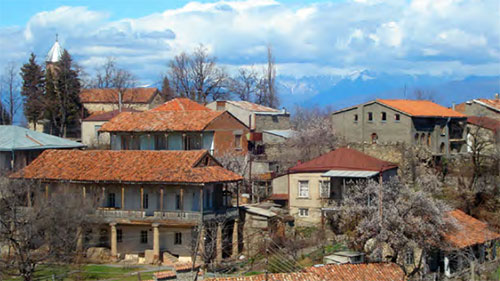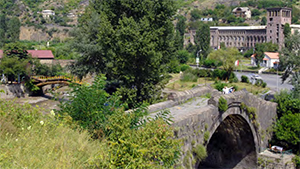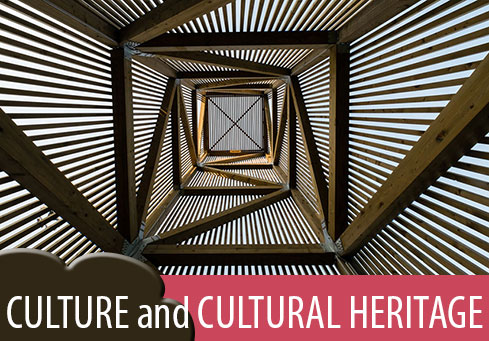Kyiv Initiative Regional Programme: Black Sea and South Caucasus

The programme focused on five themes that both united and characterised the participating countries – heritage management, wine culture and tourism exchange, film, the shaping of cultural policy and literature. Through a series of projects designed to encourage cross-border collaboration, the Kyiv Initiative enabled the sharing of expertise and the development of competence and skills in both towns and the countryside.
Each project promoted co-operation between national and local government and the public and private sector, while at the same time offering opportunities to draw upon the experience and practical knowledge of experts from other European countries. Public involvement and benefit was a key component, wherever possible.
 Main activities
Main activities
The Kyiv Initiative aimed to show the added value of co-ordinated and inter-disciplinary planning across a range of key functions, including heritage and environmental protection, tourism, cultural development, education and economic development. The result was a kaleidoscope of activity including vineyards and winemaking, contemporary and archival film, and the restoration of historic town centres.
Wine has played a significant role in the development of civilisation. Places of worship, learning, cultural and commercial exchange have, for thousands of years, been linked to the agricultural exploitation of the vine. Many of the vine/cultural routes spanning across Europe are hundreds of years older than the state borders that exist today. The WCTE project aimed to bring these routes back to life using innovative approaches to cultural cooperation, thus creating an "intercultural" European heritage.






